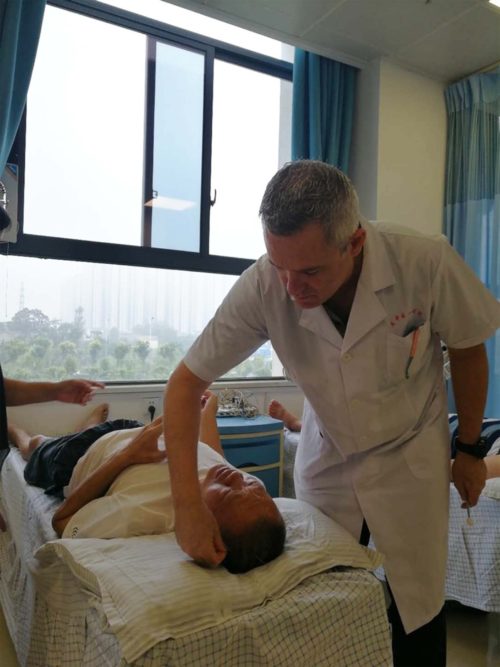Acupuncture in Cancer Treatment
A frequently asked question by patients undergoing cancer treatment is, “Can acupuncture help me?” So, does acupuncture fit within cancer’s vast landscape, with its over 300 unique malignancies? Indeed, each cancer type has distinct histology, pathophysiology, and clinical behavior. Moreover, cancer treatment involves diverse chemotherapeutic agents, hormonal therapies, high-energy particle beam generators, and varied radiation delivery systems. Additionally, treatments include diverse surgical procedures, nutritional support, and body-mind holistic approaches. Fortunately, timely diagnosis and early surgery provide the best chance for curing solid tumors. However, germinal cancers, Hodgkin’s lymphoma, and certain hematologic malignancies, like childhood leukemia, are exceptions. Instead, doctors treat these with chemotherapy, radiation, bone marrow, or stem cell transplantation, either alone or combined. Consequently, some of these malignancies are highly curable, with or without surgery.

Dr. Tony is treating a patient in BoZhou, China
Acupuncture in Cancer Treatment
Late diagnosis, failed surgery, or tumor recurrence often means lost cure chances, except in rare cases. Inoperable patients receive palliative care, including chemotherapy, hormonal therapy, radiation, or palliative surgery. Acupuncture aids anesthesia, controls post-operative pain, and speeds recovery from therapy side effects. Acupuncture effectively reduces pain, swelling, hematoma resolution time, and medication side effects. Energetic acupuncture with needles, electricity, and moxibustion boosts well-being and accelerates recovery. Nutritional support and acupuncture are routinely used in some cancer institutions.
Chemotherapy often causes severe nausea and vomiting, sometimes worse than the disease itself. Patients may vomit at the thought of chemotherapy, as oncologists observe.
A UCLA study showed that acupuncture significantly reduces nausea and vomiting during chemotherapy. Acupuncture is now routinely used before, during, and after chemotherapy to control nausea. Simple acupuncture treatments in outpatient settings minimize expensive anti-nausea drugs’ side effects. Acupuncture is widely recognized for effective general pain control. Acupuncture reduces cancer-related pain and narcotic use, minimizing side effects like confusion and nausea. Acupuncturists use needling, electrical stimulation, and osteo-puncture for pain relief and energy support.
Chronic diseases deplete energy, but acupuncture tonification temporarily restores it for better pain control. Acupuncture boosts well-being and reduces malaise in cancer patients. Nutritional support enhances immune response and reduces chemotherapy’s immune suppression. UCLA’s Dr. Conklin reports success using nutrition and acupuncture with cancer patients. Energetic acupuncture restores energy, balances distribution, and unblocks flow for homeostasis. Meridian acupuncture directs healing energy to specific organs, like the liver or pancreas, affected by cancer. Acupuncture’s benefits depend on symptoms, staging, timing, and cancer areas involved. Acupuncture can likely help in the care of cancer patients.
Resources:
– SOURCE: Eugene Mak, MD – Board Certified Oncologist and MARF Board Member
Copyright © 1997-2006 American Academy of Medical Acupuncture. All Rights Reserved.
http://www.medicalacupuncture.org/acu_info/articles/cancertreatment.html
